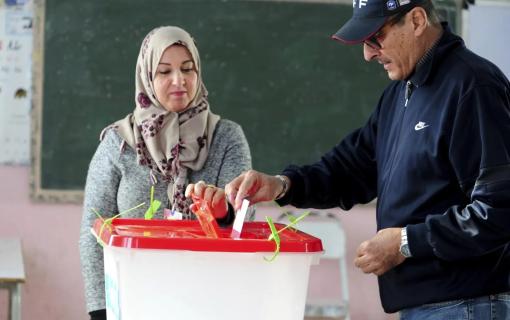Legal Analysis of Campaign Finance Regulation in Tunisia
In Tunisia, the difficulties the Independent Higher Authority of the Election, known by its French acronym ISIE, and other stakeholders experienced in enforcing campaign finance regulations were aggravated by both a lack of expertise and the shortcomings of the Decree law No 35 on elections to the National Constituent Assembly (NCA). This decree, as it was written, was excessively restrictive.
The situation was further exacerbated by the ISIE’s controversial decision to ban commercial political advertisement in September 2011, which increased the burden on parties already struggling to understand and comply with these new rules. This issue reached its peak after the elections when the ISIE decided to disqualify lists that had allegedly violated campaign finance regulations. The administrative court in charge of reviewing these charges, however, overturned the ISIE’s decision and reinstated the candidates for lack of compelling evidence. For these reasons, IFES commissioned a report on campaign finance regulations in Tunisia.
IFES funded the visit of Barbara Jouan, expert specialist at the French National Commission on Political and Electoral Financing, to Tunis for a week from January 22-29, 2012 to discuss the issue of campaign finance with a broad spectrum of electoral stakeholders. In addition, a follow-up questionnaire on campaign and party finance was sent to all political parties with the objective of collecting more accurate figures on campaign expenditures and income.
During the field assessment, IFES concluded that the ISIE, the administrative court, the audit court, and political parties had difficulties in dealing with the complex and technical issue of campaign and party finances, which was made clear through the acknowledgment that numerous violations were likely to have occurred during the NCA elections.
In some instances, the administrative court confirmed the violations of campaign finance regulations, but decided not to sanction the lists concerned since the irregularities had only a limited impact on the election results. Political parties also confirmed that the procedures required to follow the legal requirements were cumbersome and opaque, and that they lacked the expertise and experience to properly nagivate the regulations. In meetings held with IFES, the Audit Court confirmed that some party lists did not submit their campaign finance account reports by the legal deadline (25 January, 2012), further evidence of the inexperience with these matters.
The IFES specialist produced an assessment of legal provisions pertaining to campaign finance and its implementation during the NCA elections. She also included a short analysis of the decree-law on political parties. The report included recommendations on possible future improvements that could serve as a basis for the establishment of legislation on funding electoral campaign. Given the popularity of the report with local interlocutors, it was decided that the document would be translated into Arabic and English for a conference which will be funded by the Middle East Partnership Initiative (MEPI) project.









